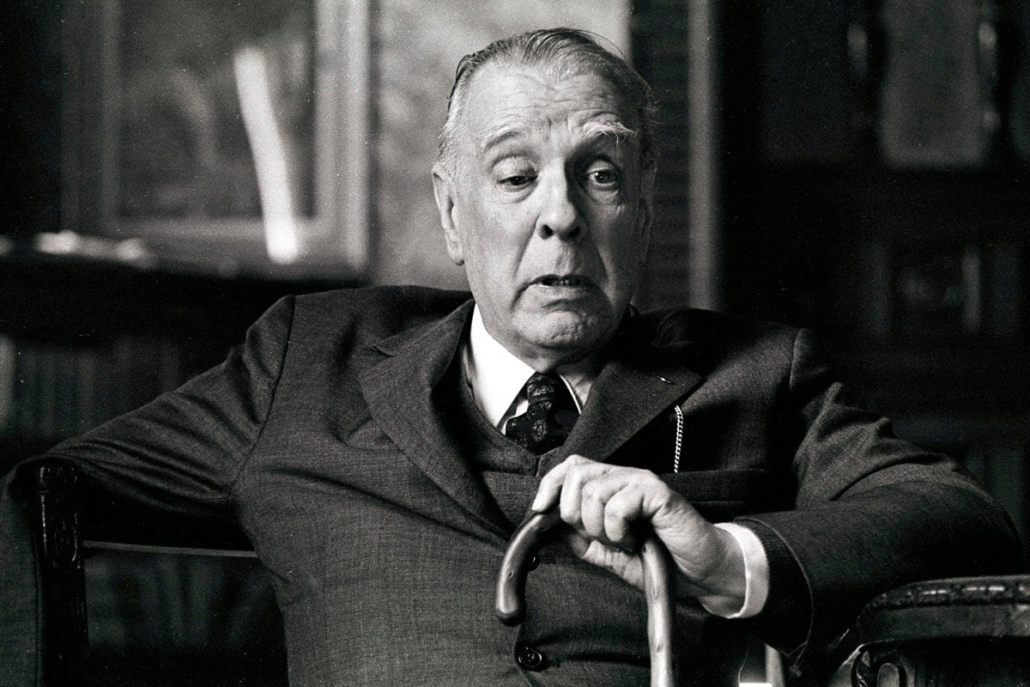Jorge Luis Borges (1899 – 1986)
Jorge Luis Borges was an Argentine writer of poems, translations, essays, literary criticism and, what he is best known for, short fiction.
It would be impossible even for the greatest fans of this Argentine writer to describe or explain his writing. The most one can say is that his work has inspired countless writers, none of whom have come close to capturing the magic of his work. He wrote poems but is famous for, and remembered for, his prose – short pieces, what one may call short stories but which he called ‘fictions.’
His fictions have been labelled ‘postmodern,’ because they depart from the conventions of modern short fiction forms. For example, Borges almost completely eliminates narrative. He generally dispenses with plot unless he wants to exploit the actual concept of plot for the purpose of doing something unconventional with it. He omits such features of fiction as sequence, causation and character relationships, thereby challenging our expectations of a story as we read his stories, and our expectations of fiction generally. At the same time the fictions are fascinating, interesting to read and attention grabbing. The uniqueness of his fictions and the influence they had on the work of subsequent writers places him squarely in this category of the world’s greatest all time writers. The philosophical term ‘Borgesian conundrum’ is named after him. The term refers to whether the writer writes the story, or the story writes him.
Borges published his masterpiece, Ficciones, in 1944: it comprises seventeen short stories that explore the labyrinthine nature of reality. Labyrinths are a major theme in his work, the idea that life is made up of recurring, inexplicable, repetitive versions of our perception of reality. There are many stories about the way in which the imaginary world impacts on what we think of as the real world – such as reviews of imaginary books written by imaginary authors, which is a recurrent device in Borges. Fiction and reality are seamlessly intertwined in Borges’s writing.
Borges is considered to be one of the most influential writers of all times. He penned essays, newspaper articles, poetry and the short stories that he mastered to the highest degree, making himself one of the most famous writers of short fiction in literary history. His work has influenced countless other writers from around the world, such as Colombian author Gabriel García Márquez and Umberto Eco. The Italian writer paid tribute to Borges in his acclaimed novel The Name of the Rose with the character Jorge de Burgos – a blind monk. In addition, the devices he used in his fictions have been something of a textbook for a generation of writers of postmodern fiction.
Read biographies of all of the 30 greatest writers ever >>




